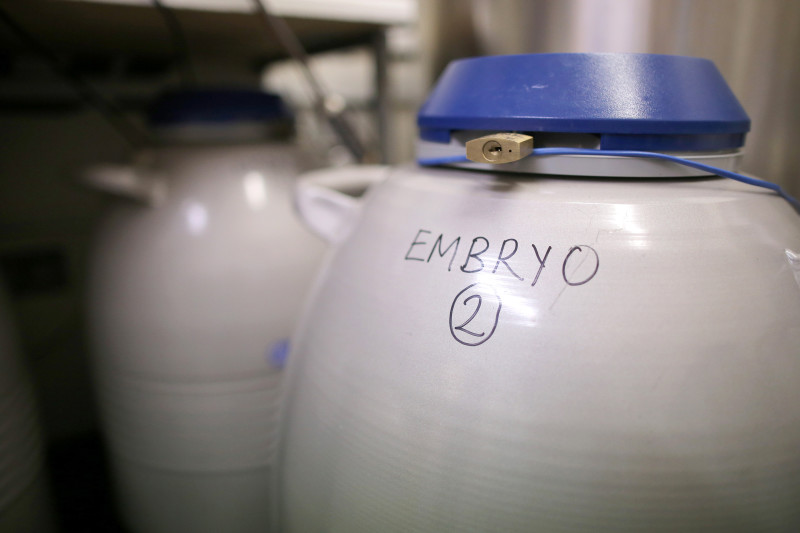A woman must abide by an agreement with her ex-husband to destroy five frozen embryos if they got a divorce, despite her contention that they represent her last chance to have children, a San Francisco Superior Court judge ruled Wednesday.
In the closely-watched case, Judge Anne-Christine Massullo said in a tentative decision that the agreement trumps the woman's desire to now keep the embryos.
The couple's story began in 2010 as Mimi Lee and Stephen Findley were about to be married. Lee was diagnosed with breast cancer, and the couple decided to create embryos through in vitro fertilization in hopes of a future family.
Instead, the marriage fell apart, leaving the couple with five embryos. In 2013 the couple filed for divorce.
Findley wanted to discard the embryos in accordance with the agreement he and Lee signed while married. He worried in part that Lee would use any children to take financial advantage of him, according to the ruling.
